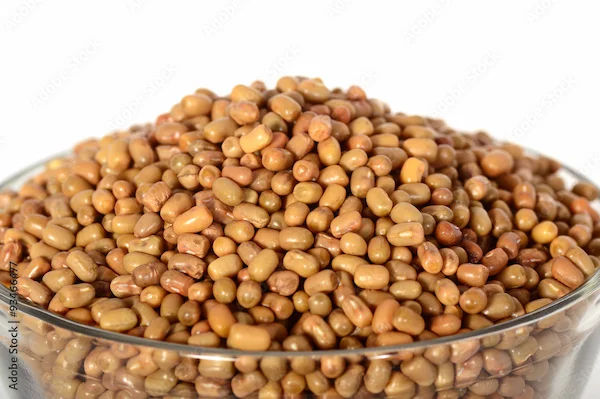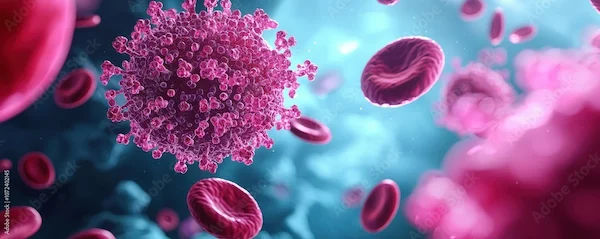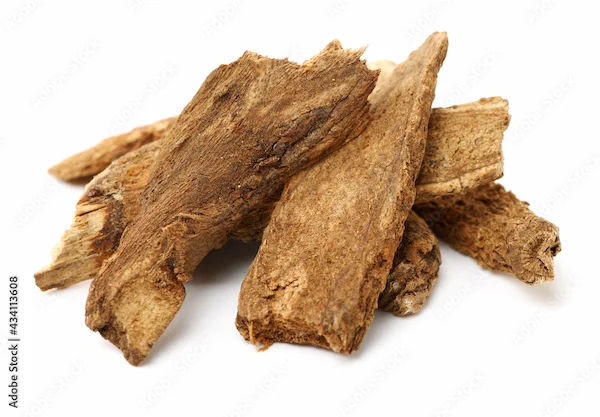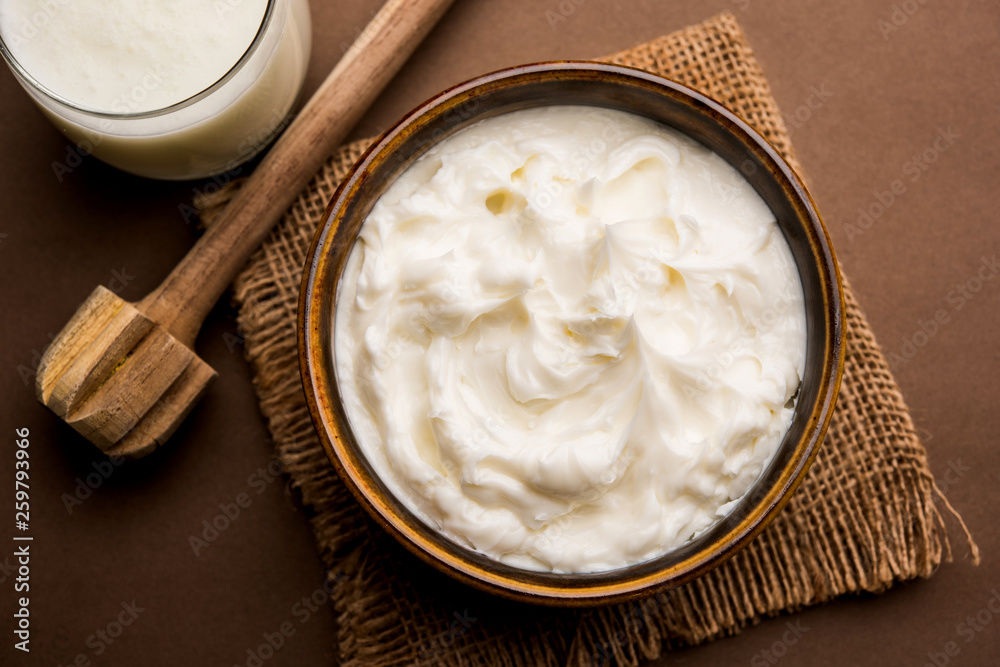Reasons for Swelling in Feet
Explore common reasons for swelling in feet, from lifestyle factors to medical conditions like pregnancy, heart issues, or kidney problems.


Introduction
Swelling in the feet, also known as oedema, is a common issue that many people experience at some point in their lives. While it can be harmless in some cases, persistent or severe swelling may indicate an underlying health problem. If you’ve noticed your feet, ankles, or legs looking puffy or feeling heavy, this article will help you understand why it happens, when to be concerned, and how to manage it effectively.
What Causes Swelling in the Feet?
Swelling occurs when excess fluid builds up in the tissues. Several factors can contribute to this, ranging from simple lifestyle habits to more serious medical conditions. Here are some common reasons:
1. Prolonged Standing or Sitting
If you stand or sit for long hours (especially with legs crossed), gravity causes fluid to pool in your lower legs and feet.
Common in people with desk jobs, travellers, or those who stand for work (like nurses or retail workers).
2. High Salt Intake
Eating too much salty food can cause your body to retain water, leading to swelling.
Reducing processed foods and adding more fresh fruits and vegetables can help.
3. Pregnancy
Hormonal changes and increased pressure on blood vessels can cause mild swelling in the feet and ankles.
However, sudden or severe swelling could indicate preeclampsia, a serious condition requiring medical attention.
4. Injuries (Sprains or Fractures)
Trauma to the foot or ankle can lead to localised swelling, pain, and bruising.
Rest, ice, compression, and elevation (RICE method) can help reduce swelling.
Consult Top Specialists for Personalised Tips
5. Venous Insufficiency (Poor Blood Circulation)
Weak or damaged veins struggle to send blood back to the heart, causing fluid buildup.
Common in older adults or those with a history of varicose veins.
6. Heart, Kidney, or Liver Problems
Heart failure can cause fluid retention in the legs and feet due to poor circulation.
Kidney disease may lead to swelling as the body struggles to remove excess fluid.
Liver disease can reduce protein production, leading to fluid leakage into tissues.
7. Infections or Inflammation
Conditions like cellulitis (bacterial skin infection) or arthritis can cause localised swelling.
8. Side Effects of Medications
Some blood pressure medications, steroids, or hormone treatments may cause fluid retention.
9. Lymphedema
A blockage in the lymphatic system prevents proper drainage, leading to swelling.
When Should You Worry About Swollen Feet?
While mild swelling is often harmless, seek medical attention if you notice:
Sudden, severe swelling (especially if one leg is more swollen than the other).
Pain, redness, or warmth (could indicate a blood clot or infection).
Shortness of breath or chest pain (may signal heart or lung problems).
Swelling that doesn’t improve with rest or elevation.
Pitting oedema (when pressing the skin leaves a dent that stays for a few seconds).
How Can You Reduce Swelling in Feet?
Here are some tips to reduce swelling in your feet:
1. Elevate Your Legs
Lie down and prop your feet up on pillows above heart level for 15-20 minutes, 2-3 times a day.
2. Stay Active & Exercise
Walking, stretching, and ankle rotations help improve circulation.
Avoid sitting or standing for too long—take short breaks to move around.
3. Wear Comfortable Shoes & Compression Socks
Tight shoes can worsen swelling. Opt for supportive, well-fitted footwear.
Compression stockings help veins push blood back up to the heart.
4. Reduce Salt Intake
Limit processed foods, canned soups, and salty snacks.
Drink plenty of water to help flush out excess sodium.
5. Massage & Cold Compress
Gently massaging your feet upward can encourage fluid drainage.
Applying a cold pack (wrapped in a cloth) for 10-15 minutes can reduce swelling.
6. Check Your Medications
If you suspect a drug is causing swelling, consult your doctor—they may adjust the dose or switch medications.
When to See a Doctor?
If home remedies don’t help or if swelling is accompanied by other symptoms (like fatigue, weight gain, or difficulty breathing), it’s best to consult a doctor. They may recommend:
Blood tests (to check kidney, liver, or heart function).
Ultrasound (to detect blood clots or vein issues).
Diuretics (water pills) if fluid retention is severe.
If you’re concerned about persistent swelling, Apollo 24|7 offers easy online consultations with specialists who can guide you. You can also book lab tests to check for underlying conditions.
Conclusion
Swollen feet can be a minor annoyance or a sign of something more serious. Pay attention to your body, make small lifestyle changes, and don’t hesitate to seek medical advice if needed. Taking care of your circulation, diet, and activity levels can go a long way in keeping your feet healthy and comfortable!
Consult Top Specialists
Consult Top Specialists for Personalised Tips

Dr. Mohamed Azeem
General Physician/ Internal Medicine Specialist
2 Years • MBBS,MD(Internal Medicine) CCEBDM
Karaikudi
Apollo Hospitals Karaikudi, Karaikudi

Dr. Swagata Sircar
General Physician/ Internal Medicine Specialist
8 Years • MBBS, MD General Medicine
Kolkata
HealthYou Speciality Clinic & Diagnostics., Kolkata
(50+ Patients)

Dr. Dhanraj K
General Physician/ Internal Medicine Specialist
25 Years • MBBS, MD Internal Medicine - Osmania Medical College, Hyderabad
Hyderabad
Apollo Hospitals Jubilee Hills, Hyderabad
(375+ Patients)

Dr. Gunashree V L
General Physician/ Internal Medicine Specialist
3 Years • MBBS
Bengaluru
Apollo Clinic, JP nagar, Bengaluru

Dr. Anand Ravi
General Physician
2 Years • MBBS
Bengaluru
PRESTIGE SHANTHINIKETAN - SOCIETY CLINIC, Bengaluru
Consult Top Specialists

Dr. Mohamed Azeem
General Physician/ Internal Medicine Specialist
2 Years • MBBS,MD(Internal Medicine) CCEBDM
Karaikudi
Apollo Hospitals Karaikudi, Karaikudi

Dr. Swagata Sircar
General Physician/ Internal Medicine Specialist
8 Years • MBBS, MD General Medicine
Kolkata
HealthYou Speciality Clinic & Diagnostics., Kolkata
(50+ Patients)

Dr. Dhanraj K
General Physician/ Internal Medicine Specialist
25 Years • MBBS, MD Internal Medicine - Osmania Medical College, Hyderabad
Hyderabad
Apollo Hospitals Jubilee Hills, Hyderabad
(375+ Patients)

Dr. Gunashree V L
General Physician/ Internal Medicine Specialist
3 Years • MBBS
Bengaluru
Apollo Clinic, JP nagar, Bengaluru

Dr. Anand Ravi
General Physician
2 Years • MBBS
Bengaluru
PRESTIGE SHANTHINIKETAN - SOCIETY CLINIC, Bengaluru




